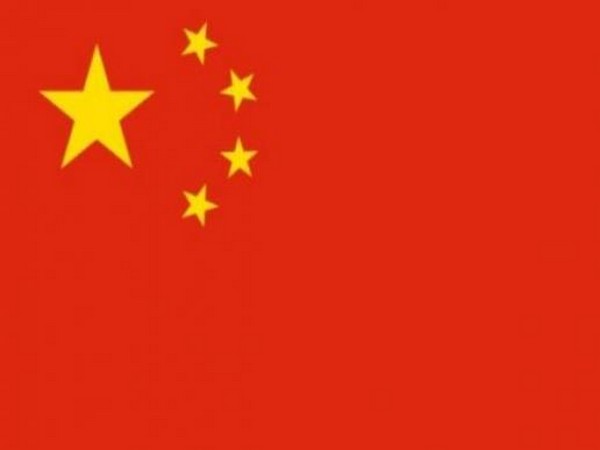Beijing [China]: China has taken control of Anbang Insurance Group, the company that owns the Waldorf Astoria hotel and other marquee properties around the world, and charged its former chairman with economic crimes, the Chinese government said on Friday.
The move is Beijing’s biggest effort yet to rein in a new kind of globally ambitious Chinese company, which has spent billions of dollars around the world, buying up hotels and other high-profile properties.
The deal, however, raises concerns that rising debt levels could slow growth in the world’s second-largest economy, behind the United States (US), and questions who control many of these companies and whether they have ties to China’s top leaders.
Anbang, in particular, came under scrutiny in the US and elsewhere for its opaque ownership structure and for the political ties of its former chairman Wu Xiaohui, The New York Times reported.
According to Chinese insurance regulator, Anbang will be overseen for a year by a group that includes the country’s central bank, its securities and banking regulators, foreign exchange regulator and other government agencies.
A statement from the regulator on Friday said Anbang had violated regulations, putting into question its ability to pay insurance claims.
“The takeover management team will take effective measures to keep the company operating as usual,” the statement said, adding that it would protect consumers and “the legitimate rights and interest of all stakeholders”.
The takeover could extend a second year if the company failed to complete an equity restructuring and resume operations, it said.
A statement from Shanghai Procuratorate, which handles prosecutions in the city, said Wu had been indicted in the city’s First Intermediate People’s Court for fraudulent fund-raising and improperly taking company assets.
Once a major figure in Chinese business circles, Wu had married a granddaughter of Deng Xiaoping, China’s paramount leader in the 1980s and a towering figure in Chinese politics, and was widely considered politically connected.
The former chairman was detained in June, suggesting that any political sway he might have once held had ebbed.
Wu in November 2016 met Jared Kushner, the son-in-law and a top adviser of then President-elect Donald J. Trump, in a bid to buy a stake in a Manhattan office building partly owned by Kushner’s family company. The deal was eventually abandoned after media coverage.
Wu’s name did not appear in Anbang’s corporate ownership records. Instead, it is owned on paper by a succession of shell companies controlled by a handful of obscure names. Such ownership arrangements are common in China, where the wealthy and politically connected often own properties under the names of others.
A New York Times investigation two years ago found that many of those owners were family or acquaintances of Wu.
The takeover of Anbang will put the Waldorf Astoria, for decades a symbol of New York elegance, under the control of the Chinese government. The hotel is currently closed as it undergoes renovations that will add condominiums.
The Waldorf Astoria purchase ushered in the rise of a new breed of Chinese deal makers. The companies, including Dalian Wanda Group, HNA Group and Fosun International, bought up everything from hotels to banks to movie production companies.
Though the companies are privately owned, their leaders often benefited from their political connections, and they were often backed by cheap debt provided by China’s state-run banks.
Anbang in a financial disclosure shortly before the police detention of Wu said that nearly three-fifths of the assets of its main business– life insurance — were overseas.
Anbang in 2016 spent more than six billion dollars for a group of hotels in the US, buying it from Blackstone Group, a private equity giant, and offered over 13 billion dollars for Starwood Hotels and Resorts before abandoning its bid in 2016.(ANI)

